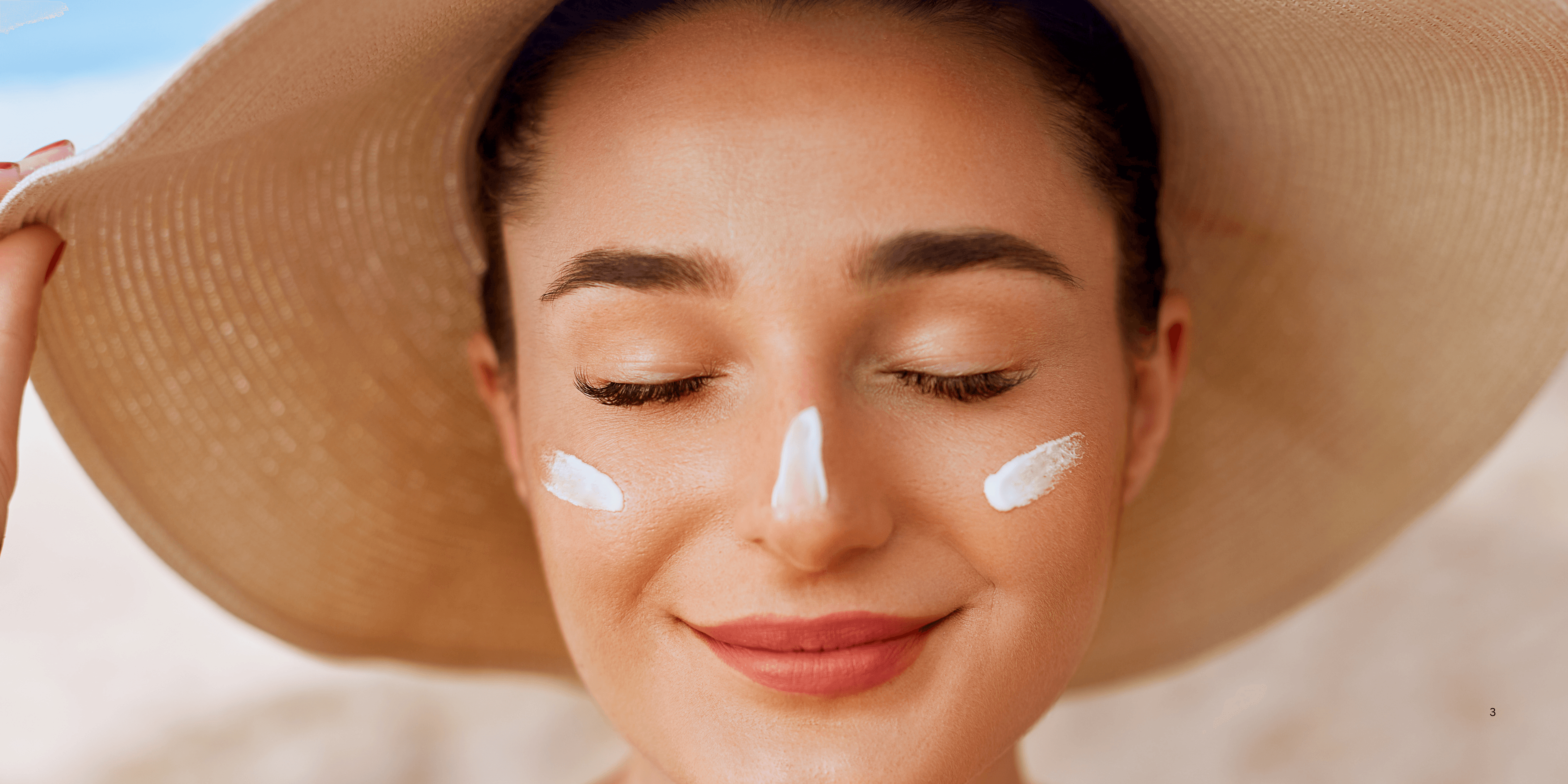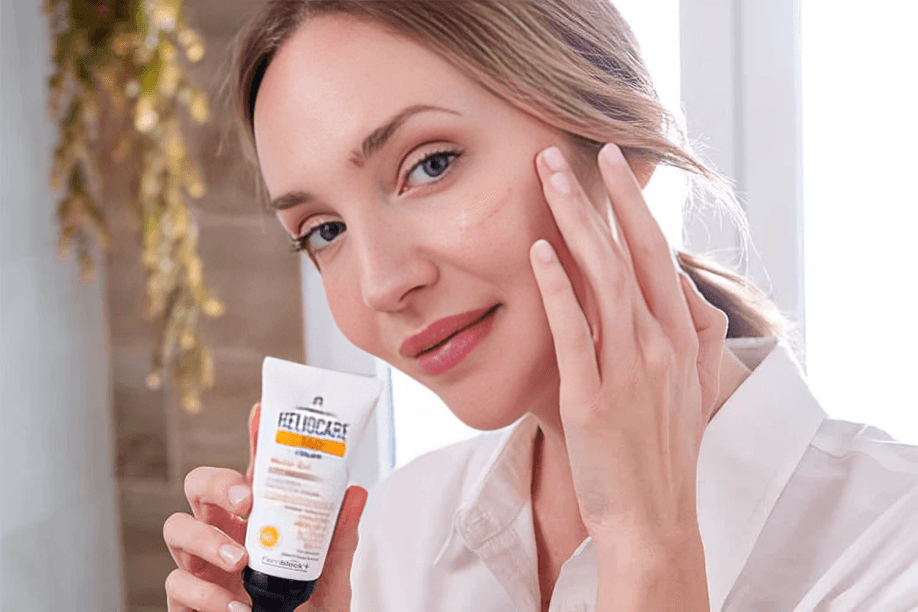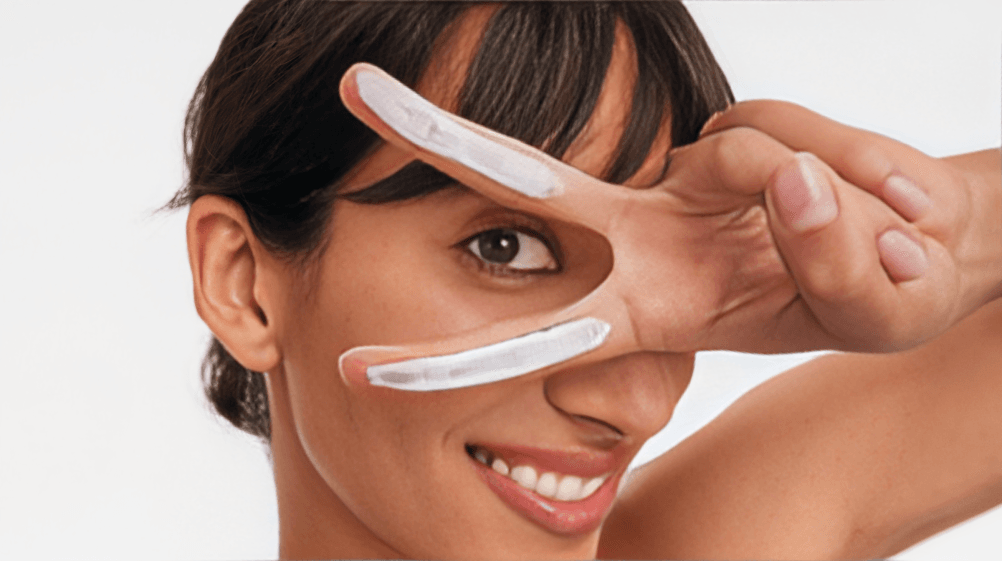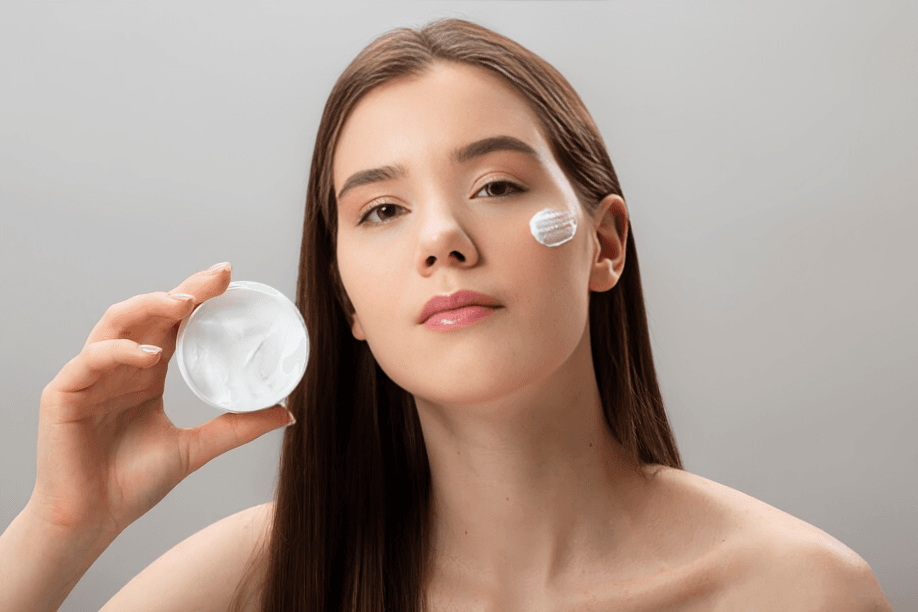
“
Sunscreen for skin protection is a fundamental aspect of maintaining healthy skin. Regular use of sunscreen shields the skin from harmful ultraviolet (UV) rays, preventing sunburn, premature aging, and reducing the risk of skin cancer. Incorporating sunscreen into your daily skincare routine is essential for preserving skin health and appearance.1
1
”
Dermatologists universally agree that sunscreen for skin protection is the most effective method to prevent skin cancer by blocking UV rays that cause harmful DNA mutations in skin cells.1
Regular and correct use of sunscreen for skin protection can reduce the risk of melanoma and other types of skin cancer, which have dramatically increased due to greater sun exposure worldwide. 2

Sunscreen for skin protection helps prevent the formation of wrinkles, fine lines, and leathery skin by protecting collagen and elastin fibers from UV-induced damage over time.
Applying sunscreen for skin protection daily reduces uneven skin tone, including sunspots and hyperpigmentation, by minimizing melanin overproduction caused by sun exposure. 3
Using sunscreen for skin protection shields the skin from painful sunburns, which cause inflammation, peeling, and long-term damage that may lead to skin aging and cancer. 4
Even on cloudy or overcast days, sunscreen for skin protection is necessary because up to 80% of ultraviolet rays can pass through clouds and affect the skin. 5
Sunscreen for skin protection helps maintain the skin’s moisture barrier, preventing dryness and irritation caused by UV rays that can disrupt the skin’s natural oil balance. 6
Applying sunscreen for skin protection before makeup creates a crucial protective layer that prevents UV damage throughout the day without interfering with cosmetic products. 7
Sunscreen for skin protection needs to be reapplied every two hours during prolonged sun exposure, especially after swimming or sweating, to maintain continuous protection. 8
Broad-spectrum sunscreen for skin protection protects against both UVA rays, which cause aging, and UVB rays, which cause burning, making it essential for comprehensive skin defense. 9

Sunscreen for skin protection can reduce flare-ups of sensitive skin conditions, like rosacea and melasma, by blocking the UV triggers that worsen redness and pigmentation.
Sunscreen for skin protection supports the skin’s immune system by preventing UV-induced suppression, helping the body defend itself against infections and abnormal cell growth. 10
Teaching children the habit of applying sunscreen for skin protection early instills lifelong skin safety practices, significantly reducing their chances of sun damage in adulthood. 11
Even in winter, sunscreen for skin protection remains important because snow reflects UV rays, intensifying exposure and increasing the risk of sunburn and long-term skin damage. 12
Applying sunscreen for skin protection regularly helps prevent the appearance of freckles and age spots that often develop due to accumulated sun exposure over years. 13

Sunscreen for skin protection is essential when using skincare products like retinoids and exfoliants, which increase skin sensitivity to sunlight and heighten the risk of damage.
Wearing sunscreen for skin protection daily promotes overall skin health by preventing sunburn-induced inflammation and oxidative stress, which accelerate skin aging and cell damage. 14
Water-resistant sunscreen for skin protection ensures protection remains effective during activities involving sweating or swimming, avoiding gaps in UV defense that could cause burns. 15
Using sunscreen for skin protection consistently enhances the results of other skincare products by protecting them from UV degradation and preserving their effectiveness longer. 16
As philosophers emphasize the importance of self-care, modern skin protection through sunscreen embodies this by preserving skin’s health, beauty, and resilience against environmental harm. 17


